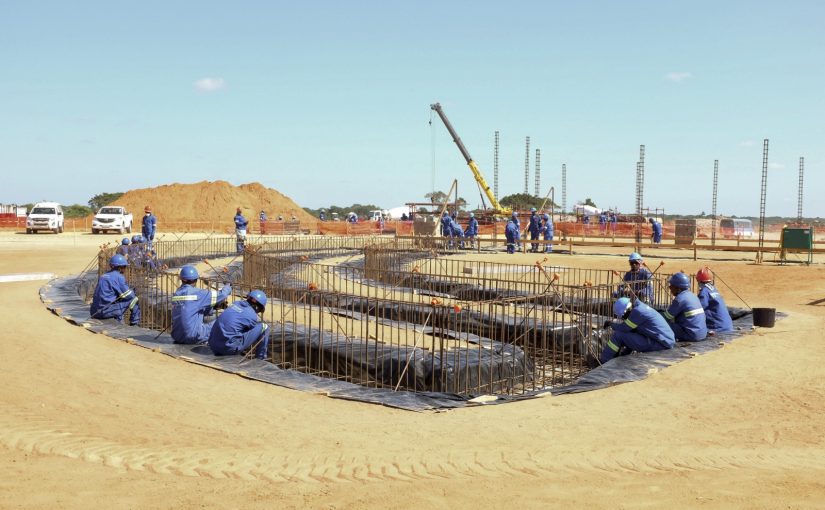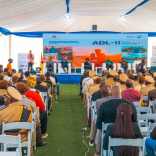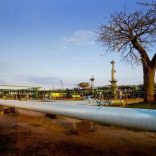Sasol, communities and government enter a new cycle of Local Development Agreements (LDAs-II)
Mozambique: Waning violence means LNG plant work to restart in H1 2023 – analyst

FILE - For illustration purposes only. [File photo: Lusa]
The decline in the prevalence of armed violence in Cabo Delgado, in northern Mozambique, should allow work on a major natural gas liquefaction plant in the region to restart in the first half of 2023, according to the chief economist at Standard Bank, Faúsio Mussá.
“The improvement of security conditions may dictate the resumption of construction work on the TotalEnergies complex, in the Afungi peninsula, in the first half of next year,” reads an analysis note authored by Mussá and distributed by the bank this Tuesday.
The project represents the largest investment in Africa, worth some €20 billion, but work was suspended in April 2021 after armed groups attacked the nearby town of Palma, killing an as yet still unknown number of residents and foreign workers.
“Our expectation is that the project will start exporting gas from 2026, which means that between the end of this year and the first half of 2023 TotalEnergies should resume construction,” Mussá stresses in the note.
The return to work had been planned for this year, but the company then announced that it wanted to see the safety situation normalised in the region, and said that it would reassess matters towards the end of 2022.
“In principle, it is likely that the Final Investment Decision” of another adjacent project, overseen by Exxon, “will be taken within a maximum period of 12 months after the resumption” of that of Total of France, concludes Mussá.
There are currently three projects in existence to extract gas from the reserves in the Rovuma basin – which are among the largest in the world – via boreholes on the bottom of the Indian Ocean, 40 kilometres off the coast of Cabo Delgado. However, currently only the smallest project, offshore, is ready to start up.
This is the Coral Sul project led by Italy’s ENI, which includes an offshore liquefaction plant on a floating platform that from the next few months is to inject the liquid gas into cargo ships, with production sold for 20 years to BP.
The other two projects are to receive the gas onshore; they should each be able to produce four times as much liquefied natural gas, but are stalled due to the security situation. TotalEnergies’ project was halted during construction, while ExxonMobil’s has not yet reached even an investment decision.













Leave a Reply
Be the First to Comment!
You must be logged in to post a comment.
You must be logged in to post a comment.